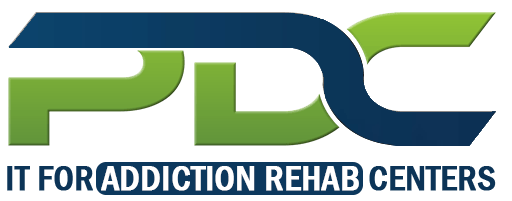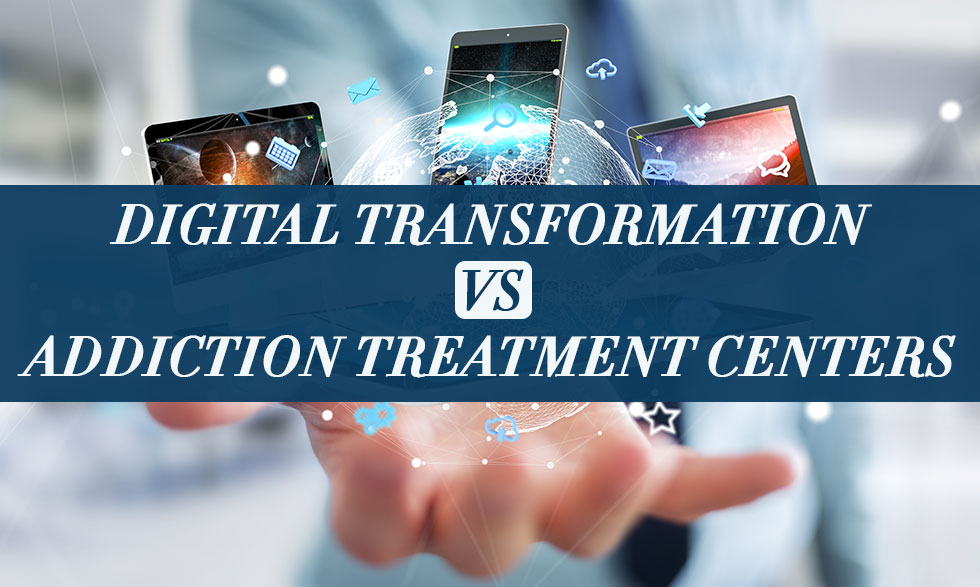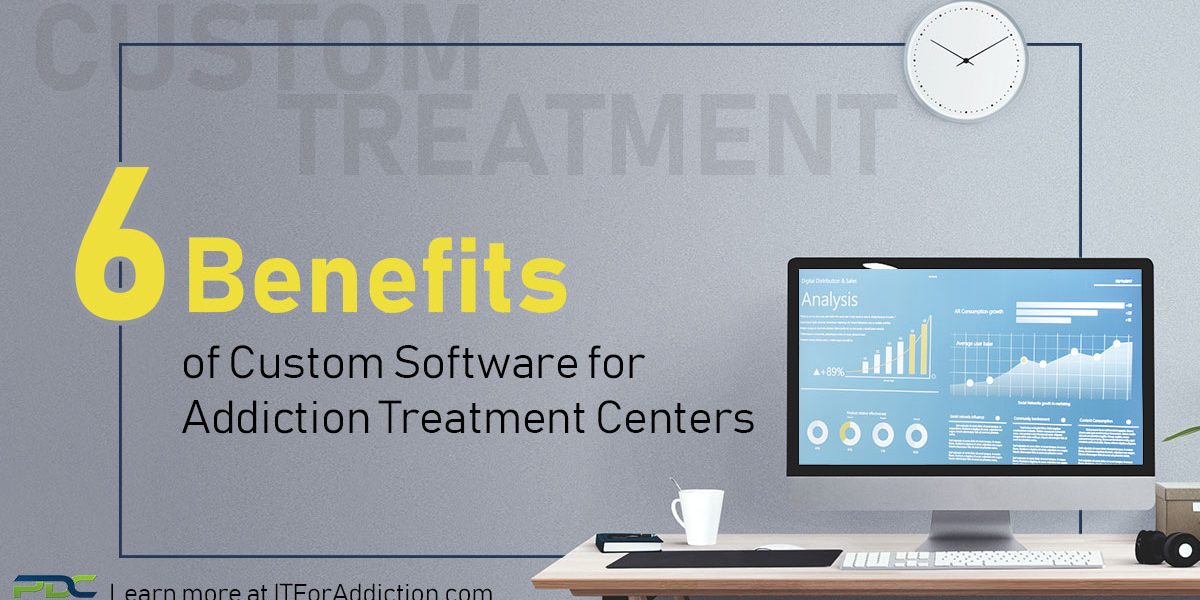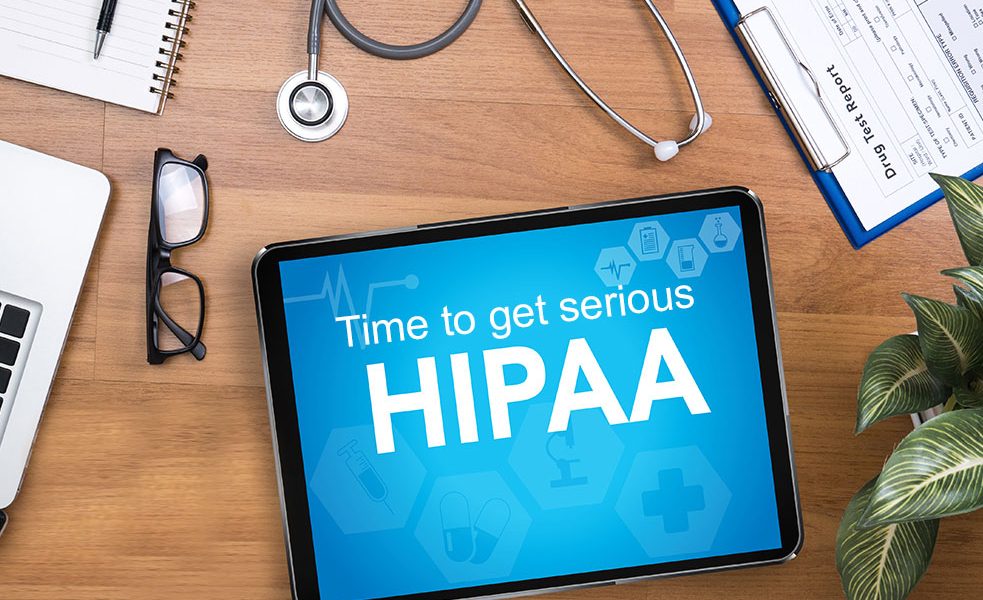Addiction treatment centers aren’t the only ones who took an oath to help addiction patients recover. The tech industry is rallying around addiction treatment-focused solutions to better benefit the people who need it the most. New trends in addiction treatment are skewing towards technology and the intimate data.
With data collected from health devices like Apple Watches, doctors may be able to better diagnose people. They’ll have real-world evidence to draw from when making their decisions, leading to solutions that work outside the office.
Tech is becoming integral to a addiction patient’s health. Keep reading to learn how new addiction treatment trends are using new tech to maximize treatment and keep patients sober.
1. Evidence With Real-World Data
Apple Watches, Fitbits, and other health devices have proliferated in recent years. Over 25 percent of people in the US are own a wearable device now. That means people are collecting more data about their activity, stress, and nutrition than ever before.
Addiction treatment professionals can use that information to better decisions for their patients. With the real-world data wearable devices people, they can develop treatments that work for wherever their patients go.
2. Addiction Treatment Is Going Mobile
Wearable devices aren’t the only kinds of tech breaking into healthcare. Mobile technology is giving doctors more access to their patients, and vice versa. Offices and hospitals are building online systems patients can use to reach their providers, and keep track of treatments.
Companies like Apple and Google are also including health apps as a default in their devices. With these apps, people will be able to log and provide information ranging from their blood type, weight, activity levels, and more. They’re even known to treat mental health issues – not just drug ones.
3. It’s Intelligent To See AI Trends In Healthcare
It’s seeming more and more like 2019 is becoming the year of artificial intelligence.
Robotic surgeries involve artificially intelligent tools to help surgeons better treat patients. It’s also being used in medical imaging, to better alert doctors if someone has a tumor or anything else in their bodies.
4. Community Treatment Is More Measurable
Just like how individuals will benefit from more data being available about themselves, so will addiction treatment communities. For this reason, new technologies are coming together to create better, more informed models of different addiction treatment communities.
With these models, doctors will be able to be more aware of the kind of people they treat, and how they can help them.
5. Home Visits Without Leaving The Office
Virtual visits have been around for years, but it was known for being inefficient and expensive to implement. However, the increase in demand for telemedicine services has led more treatment centers to adopt virtual treatment help. As a result, the increase in demand for “here-and-now” services which addiction treatment is no different.
With virtual visits, people can discuss their moments of weakness with their doctor without leaving home. They’ll also be able to get immediate recommendations without risking setbacks in their recovery process.
IT Services Is An Integral Part Of Addiction Treatment
All in All, As technology becomes an increasingly prominent part of everyone’s life, it’s also playing a part in people’s health. Treatment centers that implement more modern technology will be able to better help patients. That will lead to a better recovery process overall.
These new trends in addiction treatments will lead to a better outcome for anyone seeking medical help in 2019. However, since they’re dependent on digital systems, they also require support. They need to be compliant with federal laws.
We’re here for that. Contact us, and we’ll ensure your addiction treatment technology is compliant and secure so that you can focus on helping patients.




